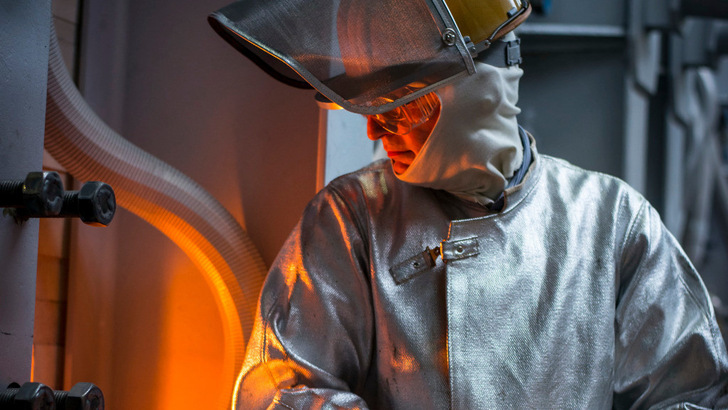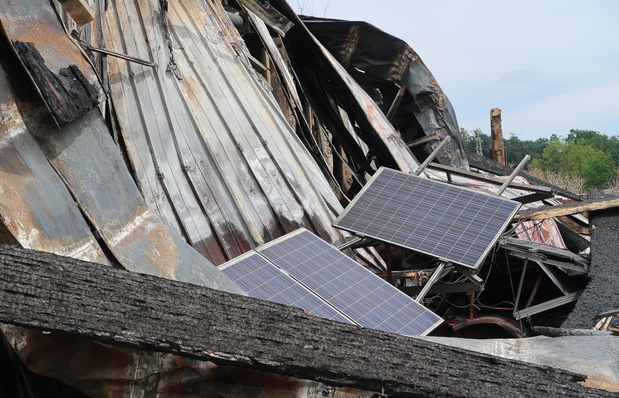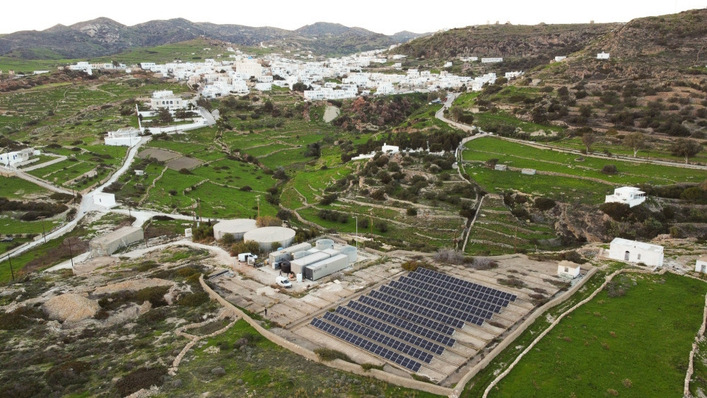Glass production is an energy-intensive process. Especially for melting the glass, a lot of fuel is needed to keep the melting process permanently and stably supplied with temperatures of up to 1,700 degrees Celsius. Until now, manufacturers have used natural gas for this purpose. But glass manufacturer Schott has now been able to maintain the melting temperatures constantly over a longer period of time using hydrogen. The company operated a melting shop completely with hydrogen for over ten days.
Keeping temperatures constant
This is a milestone for the technology group and not trivial, even if the result was only achieved in the laboratory. After all, research into whether hydrogen can keep temperatures constant and how its use affects glass quality is real pioneering work. The company has been investigating the switch to green hydrogen since 2018.
See also: EU Green Deal Industrial Plan announced
Until now, Schott had managed to achieve a proportion of 35 per cent hydrogen in a mixture with natural gas. But to decarbonise glass production, a switch to a clean fuel is urgently needed. Hydrogen is the obvious choice if it is produced with green electricity.
One step towards the changeover achieved
At Schott, this goal is on the development programme for the year 2030. Of course, the company is not focusing exclusively on the switch to green hydrogen, but also on technology development and energy efficiency. In terms of technology development, Schott is primarily looking at the energy-intesive melting process.
Here, the company is looking at two options: switching to electric melting tanks powered by green electricity and using green hydrogen instead of natural gas. Schott has now taken a step in the direction of hydrogen use.
More green hydrogen needed
But in order to make the switch on a large scale, corresponding quantities of green hydrogen are also needed. "As one of the pioneers of hydrogen use in energy-intensive industry, we therefore urgently need further steps and timely solutions for a functioning infrastructure," emphasises Jens Schulte, member of Schott's Management Board.
Also interesting: Is hydrogen the 850-billion-dollar green game everybody wants to play?
With regard to the political support for industry in Germany, he goes on to say: "The climate protection agreements planned by the Federal Ministry of Economics and Climate Protection to promote climate-friendly production are an important vehicle to keep the participating industry competitive and enable rapid implementation, We are counting on the innovative strength and close cooperation with our partners as well as the federal states." (su/mfo)









